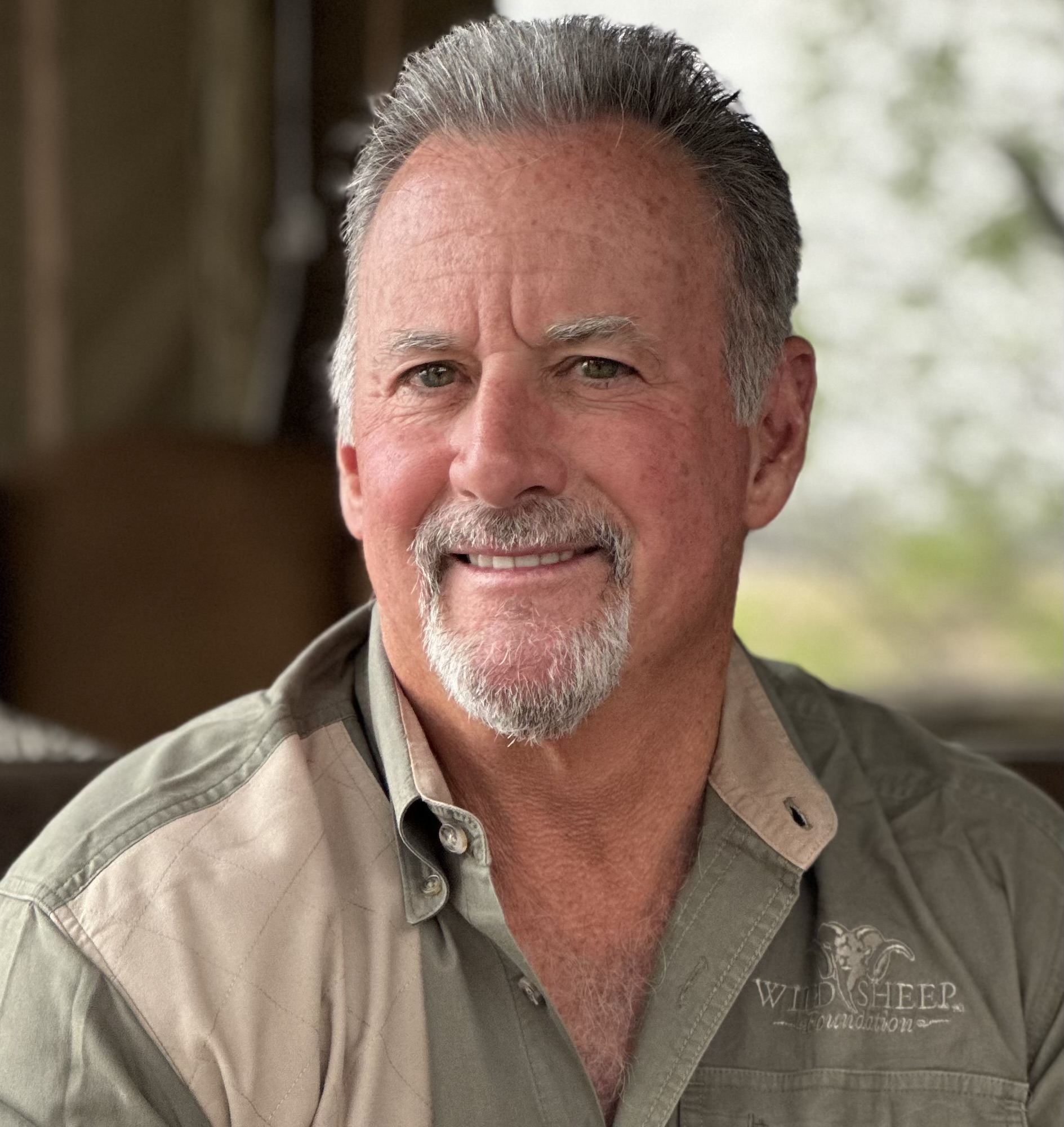13/10/2025
11:00 - 11:45
Human-Centred Conservation Pavilion
, Presencial
Por qué asistir
Discover how landscapes respond when people, policies, and economies converge. From cross-border bighorn sheep restoration to Tajikistan’s community-managed forests and African case studies of hunting and tourism, this session shows how governance, livelihoods, and land use shape conservation outcomes at scale.
Descripción de la sesión
This session highlights how landscape-scale conservation succeeds when ecological goals are integrated with governance and local stewardship. Gray N. Thornton will present the “Coming Home” initiative, restoring California bighorn sheep populations across U.S.–Canada borders through habitat management, policy alignment, and community partnerships. Ubayd Gulamadshoev will share lessons from Tajikistan’s Childukhtaron and Dashtijum Reserves, where participatory forest management enabled sustainable harvesting of fruit-and-nut forests while empowering local communities, especially women. Dr. Francis Vorhies will explore how landscapes in Africa respond to hunting and tourism economies, revealing the ecological signals of different wildlife uses. Together, these stories demonstrate that durable, landscape-wide conservation depends on aligning ecological priorities with social, legal, and economic realities.Organised by
Jamma International ( United Kingdom of Great Britain and Northern Ireland )
Asociaciones
Wild Sheep Foundation ( United States of America )
Fauna & Flora International ( United Kingdom of Great Britain and Northern Ireland )



